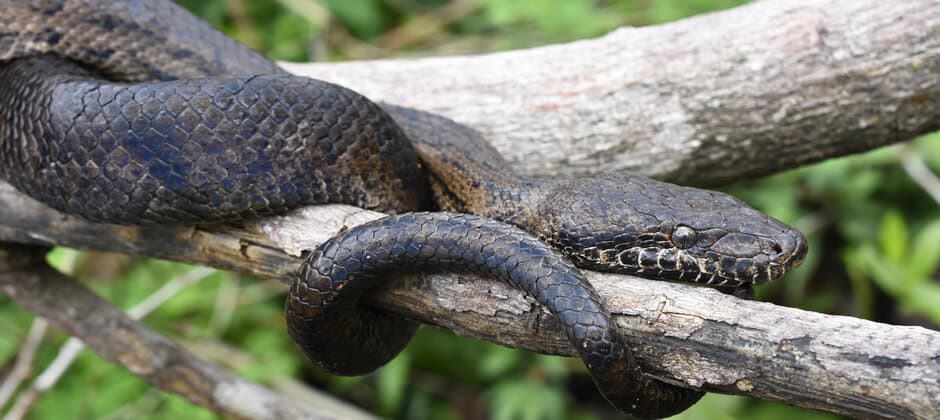- News
-
-
-
-
-
Latest News Articles
- 2024 TWS Elections: Canadian Representative April 18, 2024
- Gentrification brings more wildlife to urban areas April 18, 2024
- Oil and gas development, tree cover not good for pronghorn productivity April 17, 2024
-
-
-
- Wildlife Professional Resources
-
- Our Network
-
- PUBLICATIONS
-
-
Recent Posts
-
 The Wildlife Professional November/December Issue
November 1, 2023
The Wildlife Professional November/December Issue
November 1, 2023
-
-
-
-
-
-
- Wildlife Events
-
-
-
Upcoming Webinars
- No Events
-
-
-
- Who We Are
-
Tag: Puerto Rican boa

June 7, 2021
Urbanization may lead to Puerto Rican boa decline
Increasing urbanization in Puerto Rico may cause declines in the territory’s endangered boa population. The Puerto Rican boa (Chilabothrus inornatus) is the largest snake found on the island, growing up...

